Weiss-Livnat Research Fellows

Dr. Michal Aharony received her PhD in political science from the New School for Social Research in 2010. She is an Editor of, The Journal of Holocaust Research, and a teaching fellow at Ben-Gurion University of the Negev. She is the author of the book, Hannah Arendt and the Limits of Total Domination: The Holocaust, Plurality and Resistance (Routledge, 2015). Her recent articles include: “Fredy Hirsch: Changing Perspectives of his Memory,” Holocaust and Genocide Studies, (forthcoming, Spring 2021); “Nihilism and Antisemitism: The Reception of Céline’s Journey to the End of the Night in Israel,” Rethinking History: The Journal of Theory and Practice, Vol. 19, no. 1, 2015; “Über das Lager – die Vernichtung des Menschen als Menschen in der totalen Herrschaft,” in: Julia Schulze Wessel, Christian Volk, und Samuel Salzborn (Hrsg.), Ambivalenzen der Ordnung – Der Staat im Denken Hannah Arendts, Wiesbaden: Springer VS, 2013; and “Hannah Arendt and the Idea of Total Domination,” Holocaust and Genocide Studies (2010) 24 (2): 193-224.
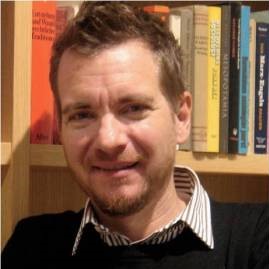
Professor Stefan Ihrig is a professor of history at the University of Haifa. He works on various aspects of European and Middle Eastern history with an interest in the media as well as political and social discourses. Prof. Ihrig received his Ph.D. in History fro the University of Cambridge. Formerly, Prof. Ihrig was a Polonsky Fellow at the Van Leer Jerusalem Institute, a lecturer at the University of Regensburg and the Free University Berlin, as well as researcher and project assistant at the Georg Eckert Institute, Braunschweig. His most recent book is Justifying Genocide – Germany and the Armenians from Bismarck to Hitler (Harvard University Press, 2016). His previous book, Ataturk in the Nazi Imagination (Belknap Press/Harvard University Press, 2014), received an official commendation in the 2013 Fraenkel Prize Competition of the Wiener Library for the Study of the Holocaust and Genocide.
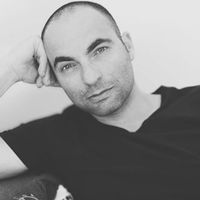
Dr. Shmuel Lederman received his Ph.D. from the University of Haifa in 2012. He specializes in political theory and genocide studies. He is currently working on a book project about Hannah Arendt and genocide studies. His recent book publication, Hannah Arendt and Participatory Democracy: A People’s Utopia (Palgrave, 2019) centers on a relatively neglected theme in the scholarly literature on Hannah Arendt’s political thought: her support for a new form of government in which citizen councils would replace contemporary representative democracy and allow citizens to participate directly in decision-making in the public sphere. He currently serves as the academic manager of the research project “Sites of Tension” on the shifts in Holocaust memory and antisemitism in Europe, headed by Prof. Kochavi and Dr. Nurit Novis.
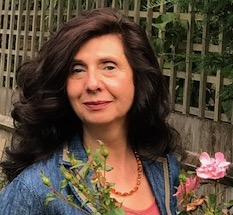
Dr. Joanna Beata Michlic is a social and cultural historian, and founder and first Director of HBI (Hadassah-Brandeis Institute) Project on Families, Children, and the Holocaust at Brandeis University. She is an Honorary Senior Research Associate at the UCL Centre for the Study of Collective Violence, the Holocaust and Genocide, UCL Institute for Advances Studies, and an Honorary Senior Associate at the School of Slavonic and East European Studies (SSEES) in London. Her research focuses on social and cultural history of Poland and East European Jews, the Holocaust and its memory in Europe, East European Jewish childhood, rescue and rescuers of Jews in East Central Europe and antisemitism, racism and nationalism in Europe. She is a recipient of many prestigious academic awards and fellowships, most recently Gerda Henkel Fellowship, 2017 – 2021. She is currently working on the book project on the history and memory of rescue of Jews in Poland. Her forthcoming single-authored monographs are Piętno Zagłady Wojenna i powojenna historia oraz pamięć żydowskich dzieci ocalałych w Polsce (the Jewish Historical Institute, Warsaw 2020) and Lessons from the Holocaust: History and (Self)-Representations of Jewish Child Survivors (NUP, 2021).
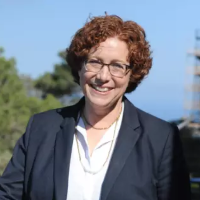
Dr. Nurit Novis-Deutsch received her Ph.D. from the Hebrew University in Jerusalem’s Psychology Department and completed her Post-Doctoral training at UC Berkeley, California. She is a social psychologist researching moral psychology, values, and religion in educational frameworks. She is a lecturer at the Department of the Learning Sciences at the University of Haifa, Israel. Her research concerns the ways in which people create and manage contradictory frames of meaning and organize their identities within multiple social contexts. Research projects include pluralistic reasoning; outgroup dehumanization; interdisciplinary teaching and learning; religious meaning-making, and moral education in the context of Holocaust memory. Her recent work has been published in the Journal for the Theory of Social Behaviour (2015), Teaching in Higher Education (2016), The Journal for Behavioral Sciences (2017), Teaching and Teacher Education (2018), Theory & Psychology (2018, 2020), Studies in Higher Education (2019), Religion (2019) and other journals, as well as many chapters in academic books.
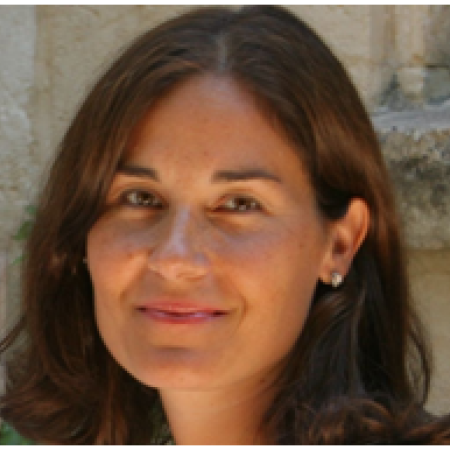
Dr. Rachel E. Perry received her Ph.D. in Art History at Harvard University. She teaches in the Weiss Livnat Graduate Holocaust Studies program at the University of Haifa on Visual Culture. The recipient of an EHRI Fellowship at the Mémorial de la Shoah in Paris, she was a Senior Research Fellow at the Yad Vashem International Institute for Holocaust Research. Her articles have appeared in many peer-reviewed journals including October, History and Memory, Les Cahiers du Musée national d’art moderne, Revue 20/21ème siècle, Holocaust Studies: a Journal of Culture and History, French Cultural Studies, RIHA and Art Bulletin. In 2018, she curated the exhibition “Arrivals, Departures: The Oscar Ghez Collection” at the Hecht Museum and authored the catalogue A Memorial to Jewish Artists, Victims of Nazism. Her most recent article is “Nathalie Kraemer’s Rising Voice: Letting the Silences of History Speak,” Ars Judaica (March 2020). She is currently working on an annotated translation of Hersh Fenster’s yizkor book Our Martyred Artists with Barbara Harshav.
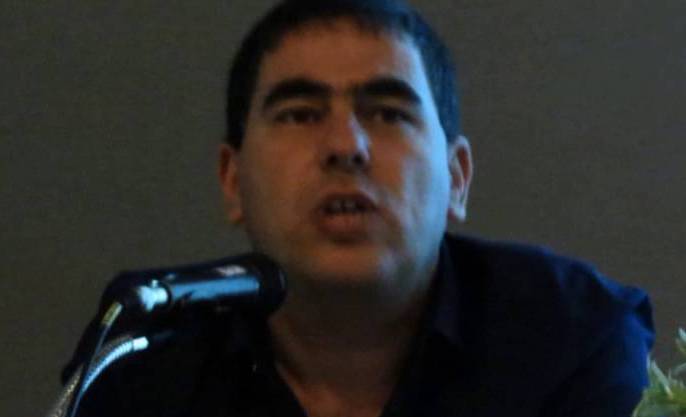
Dr. Jacob Tovy specializes in the political history of the State of Israel between the years 1967-1948. In this context, he has been examining Israel-Germany relations over the past decade, emphasizing the 1952 Israeli-German reparations agreement. Dr. Toby has written three books in the Hebrew language. One of them was translated into English. Another of his books, which discusses the reparations agreement, is currently being translated into English. Currently, Dr. Toby is working on a new book that examines the Israeli public’s attitude in general and the political system in particular towards Germany from the end of World War II in 1945 to the establishment of relations between Bonn and Jerusalem in 1965.
Weiss-Livnat P.h.D. Candidates
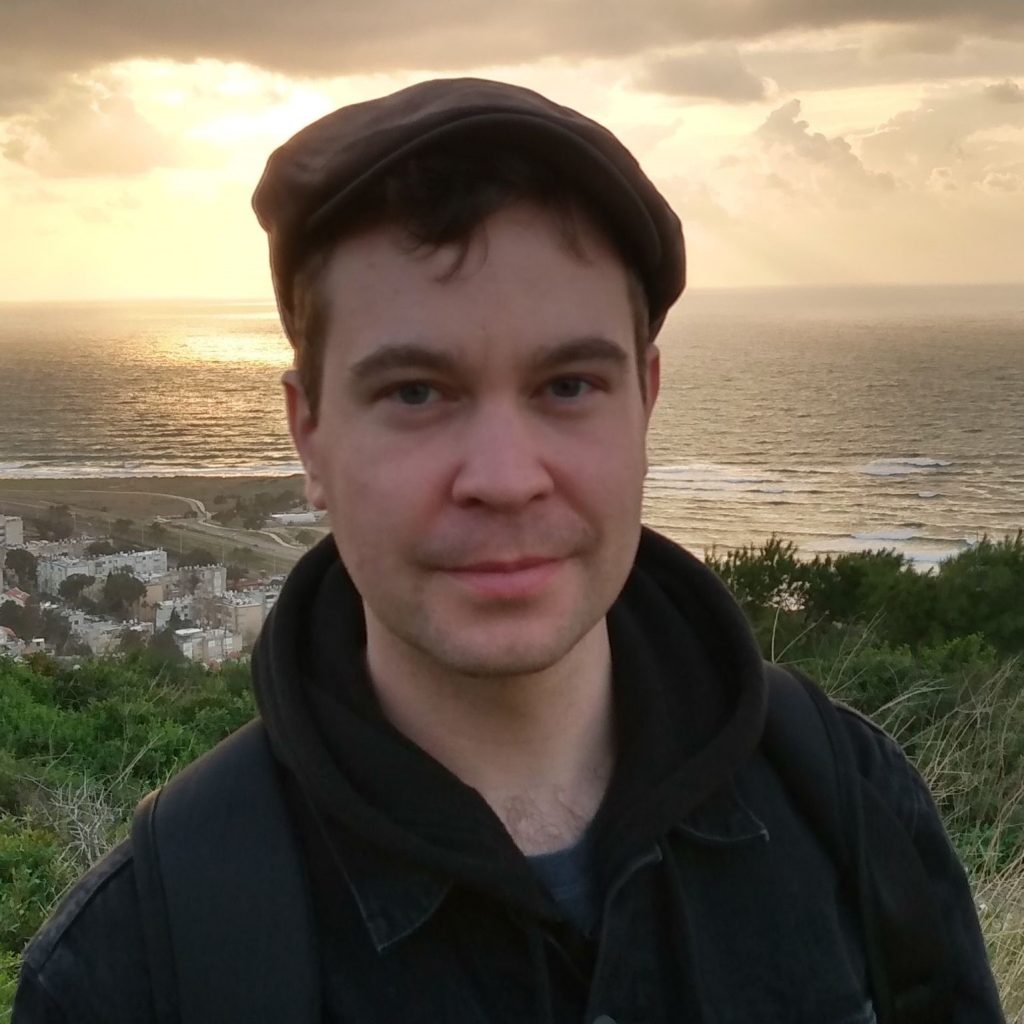
Lukas Meissel is a Ph.D. candidate at the University of Haifa. His doctoral project focuses on perpetrator photography in Nazi concentration camps, specifically photographs taken by SS men and developed at Erkennungsdienste (identification departments). The aim of the project is to investigate not only what these pictures show, but to interpret them as visual perpetrator narratives of the concentration camps. Prior to his studies in Israel, he worked as a historian for the Jewish community of Vienna and as deputy chairperson of the Verein Gedenkdienst. He also worked on projects on behalf of Yad Vashem and guided numerous study trips. Meissel has held fellowships in Israel, the USA, Germany, and Austria and has published on visual history, Holocaust studies/education, and antisemitism.
Dissertation: The Perpetrator’s Gaze. SS Photography Taken at Concentration Camps
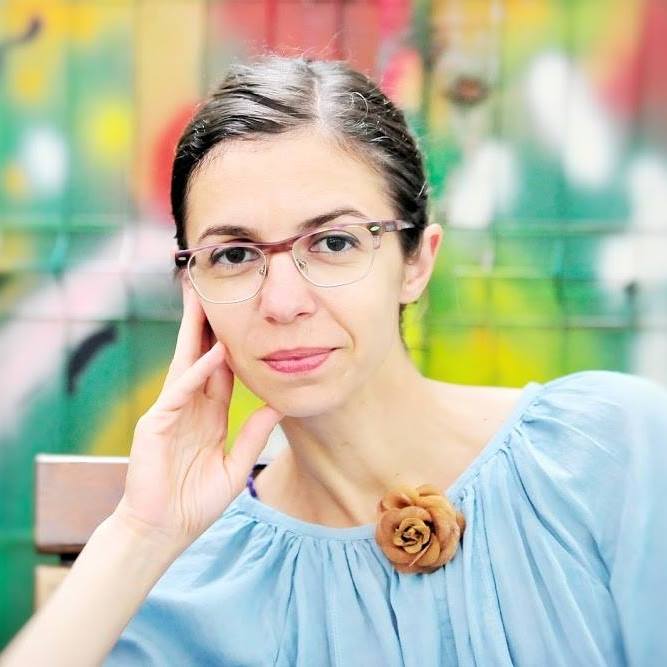
Eugenia Mihalcea is a Ph.D. candidate at the University of Haifa, General History Department. Her research, supervised by Professor Stefan Ihrig, focuses on how the narratives about the Holocaust in Transnistria were constructed in Communist Romania and Israel between 1945 and 1989. Prior to her doctoral studies, Eugenia graduated from the Weiss-Livnat International MA Program in Holocaust Studies. She also holds an MA diploma from the University of Bucharest and wrote her final MA thesis about Children survivors of the Holocaust in Transnistria as a Visiting Research Fellow at The Hebrew University of Jerusalem. Her academic interests include memory studies, cultural studies, and Holocaust Education.
Dissertation: (Re)constructing the history and memory of the Holocaust in Transnistria in Romania and Israel between 1945 and 1989
